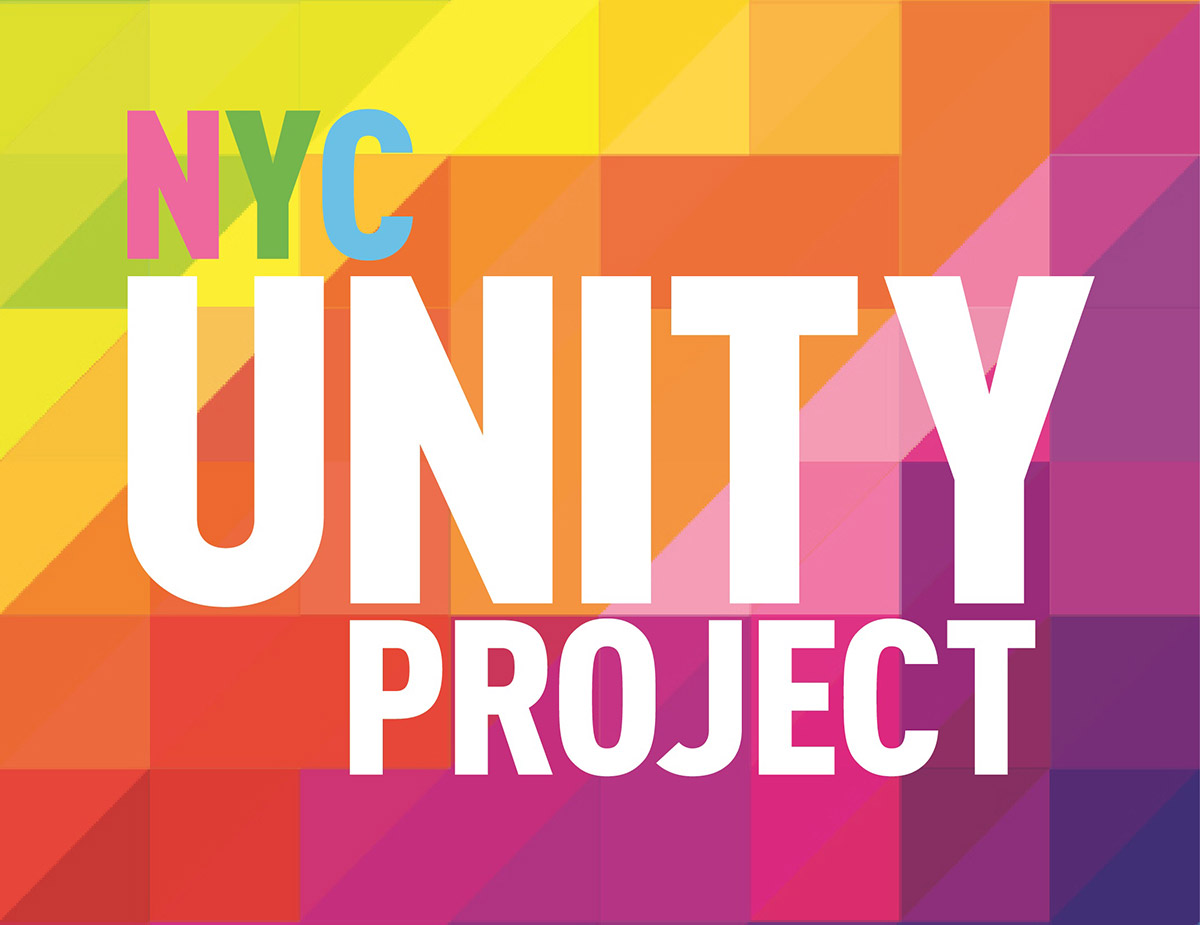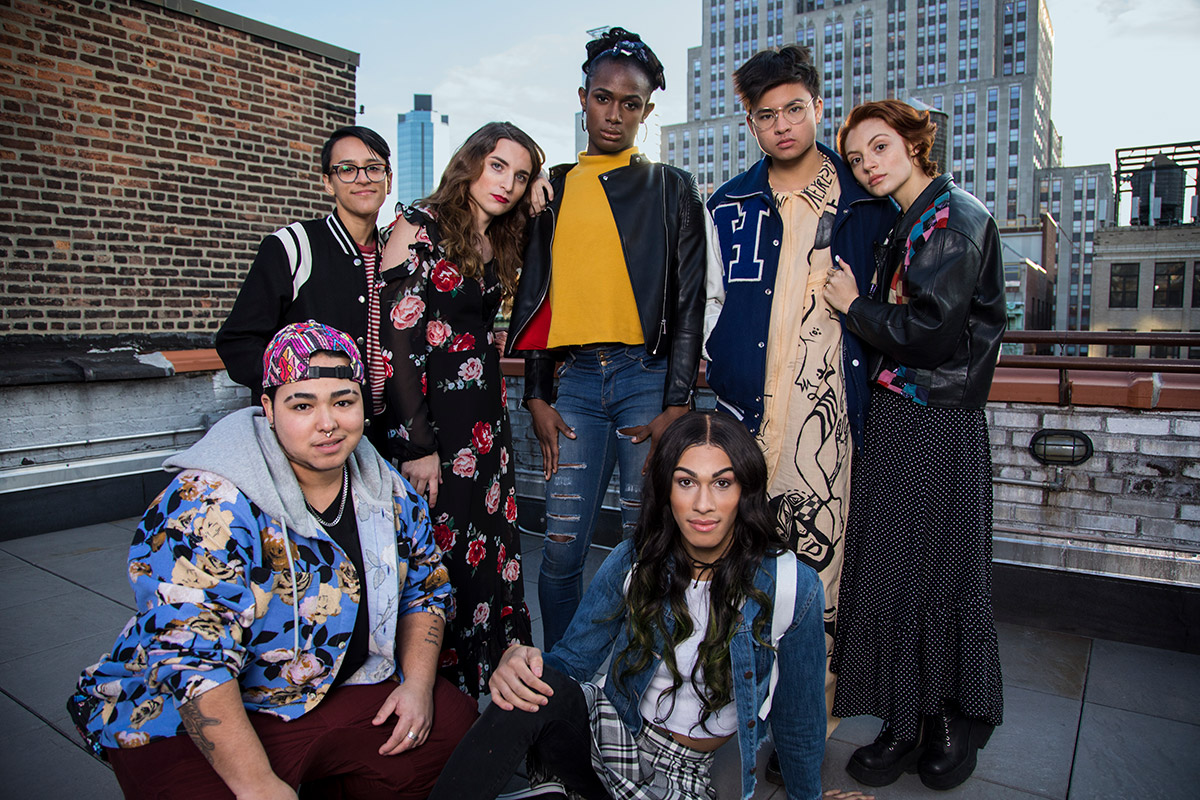
In NYC, all young people—regardless of their sexual orientation, gender identity or gender expression—deserve to be safe, supported, and healthy.
NYC has been a major center of life for lesbian, gay, bisexual, transgender, and queer (LGBTQ) communities for decades. As home to the largest population of LGBTQ people in the country, we must constantly strive to be the most supportive city that we can be.
The NYC Unity Project—which is the first-ever focused, citywide commitment to supporting and empowering LGBTQ young people—is a key part of that commitment. Statistically, NYC’s LGBTQ youth fare better than their peers in other cities. But even in NYC, many vulnerable LGBTQ young people fall through the cracks and continue to struggle as a result of discrimination, rejection, and mistreatment.
Even while facing these struggles, LGBTQ young people remain brilliant and resilient. The NYC Unity Project’s goal is to build and strengthen our city’s programs so that LGBTQ young people are free to not only survive, but grow and thrive. We hope the resources below will help.
COVID-19 Resources
As a result of the COVID-19 pandemic, many NYC programs and services have shifted online, are temporarily modified, or are currently unavailable. Visit the Unity Project’s LGBTQ+ COVID-19 resource guide for detailed, up-to-date information about LGBTQ+ affirming programs and services available citywide, virtually and in-person.
See LGBTQ+ coronavirus resourcesPeer & Professional Support
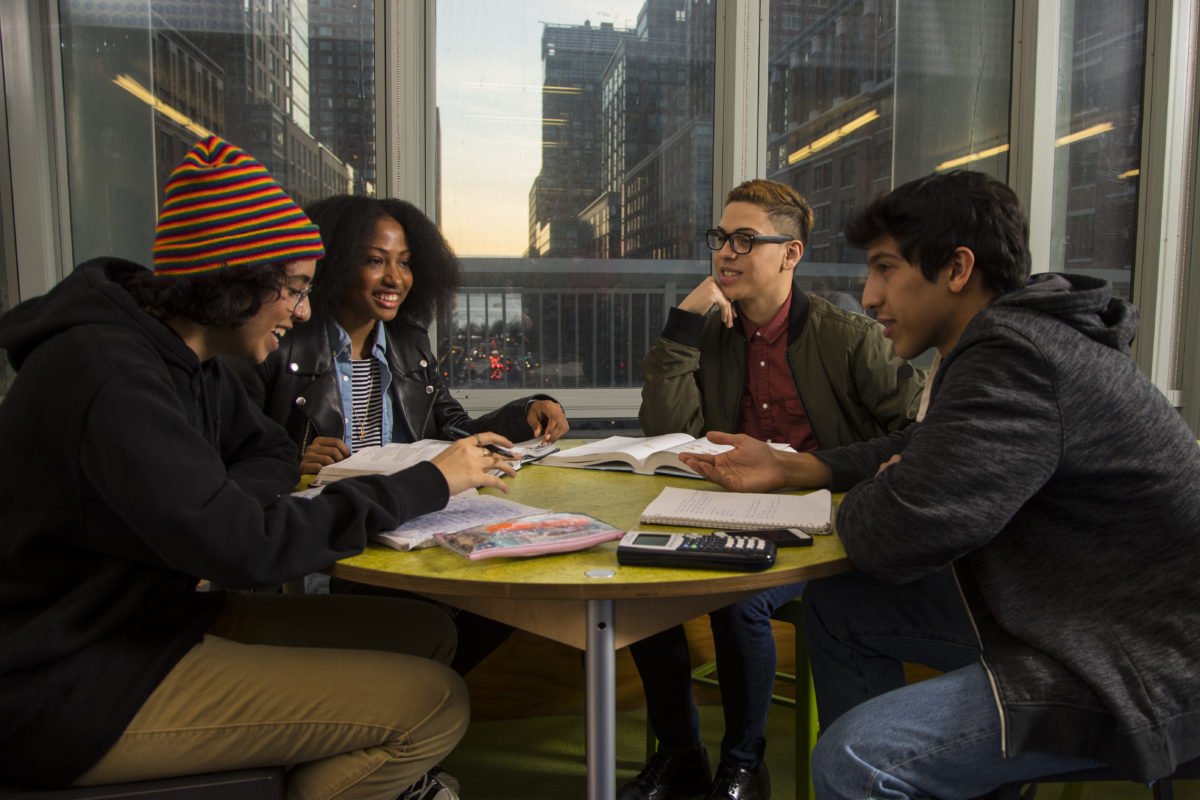
All LGBTQ young people deserve to feel safe, supported, and seen. They also deserve a community of affirming peers and access to professionals who can help them navigate daily struggles and joys. These programs offer peer-to-peer support groups, professional services, and legal support—all of which can help LGBTQ youth live more freely, openly, and confidently.
Peer and Professional Support
Organizations like Destination Tomorrow, Queens Pride House, Pride Center of Staten Island, LGBT Community Center, InterACT, and HEAT offer peer support groups, community programming and events, and professional support.
Know Your Rights
In NYC, you have the right to be yourself and to be treated with respect at school, at work, at home, in health settings, in public spaces, and in accessing the bathroom that conforms to your gender identity. The NYC Commission on Human Rights exists to enforce and affirm your rights if you have been mistreated. Learn more and contact the Commission by calling 311 and ask for ‘Human Rights’ or call 718-722-3131. You can also file a complaint online.
Legal Name and Gender Marker Change
As of January 15, 2019, the City’s identification card, IDNYC, has a non-binary gender option available. Applicants do not need to submit any proof of gender identity or immigration status. These cards are free and provide many benefits across the city. Learn more about the application and specific information on gender marker changes.
As of January 1, 2019, NYC birth certificates have a non-binary gender marker option (“X”) available. People who want to change their gender marker to M, F, or X no longer need to submit a medical professional’s letter. Applicants can now complete their own gender marker changes themselves, through “self-attestation.” Learn more about the process for changing your birth certificate.
You can legally change your name in NYC. In order to change your name, you must file a petition with the NYC Civil Court. If you are under 18, your parent or guardian will need to fill out paperwork on your behalf. While you do not need a lawyer to change your name, contacting a lawyer may be helpful.
Changes to different documents (including passport, Medicaid or insurance information, birth certificate, and others) require different procedures. To learn more about the requirements look at the Sylvia Rivera Law Project’s (SRLP) guide to legally changing your name in NYC. You can contact SRLP for assistance or contact the Transgender Legal Defense and Education Fund’s Name Change Project in NYC. You can also visit the National Center for Transgender Equality’s ID Document Center to learn more about name change procedures in other states, and to get general information about the different processes.
Legal Services Support
The following organizations offer free legal support for name and gender marker changes and also can help if you’re experiencing discrimination, if you’re being bullied at school, if you have been denied access to housing, health care and public benefits, if you have immigration-related needs, or if you have other legal concerns:
Family Support
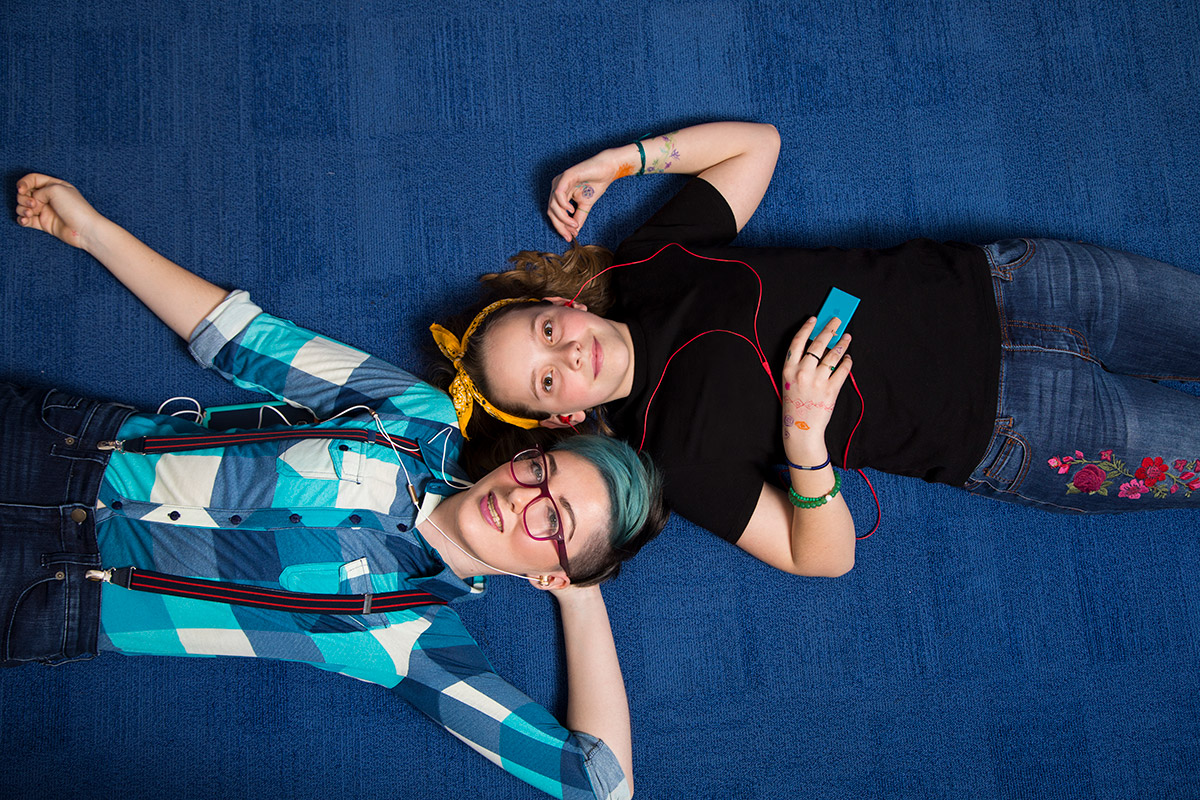
All LGBTQ people deserve love and support from their families of origin and their chosen family members and communities. We know that when families are supportive, young people’s health, happiness, and success increase significantly.
Family Support Resources
These programs offer a helpful starting point for young people and their families to have meaningful, healthy conversations about what support really looks like and how to develop helpful tools to make that support a reality.
School & Education
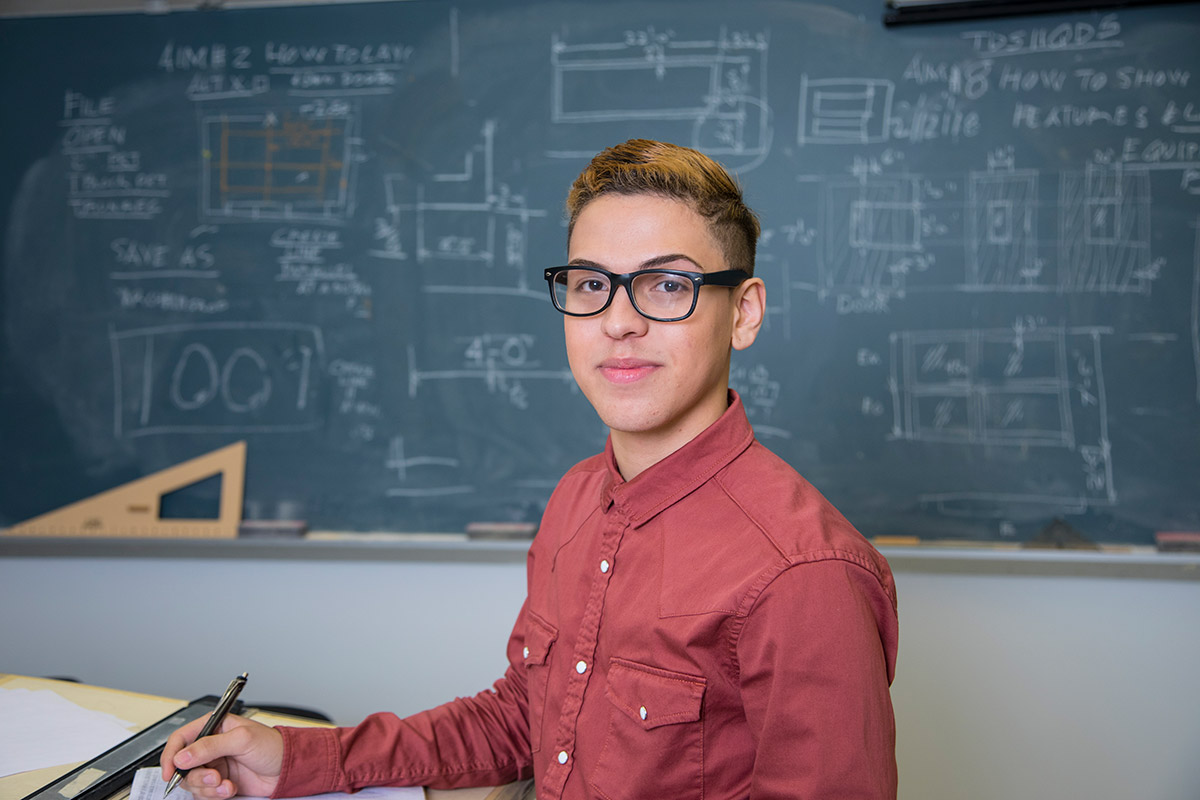
All LGBTQ young people should feel safe and affirmed at school and be able to access the educational opportunities that they need to thrive. Bullying, discrimination, and mistreatment have no place in our city’s schools.
Resources are available for LGBTQ young people, from middle school to college and beyond.
If you’re a student, you can also get help and information at School-Based Health Centers (SBHCs). In addition to health services like medical exams, some SBHCs offer mental health care and reproductive care for high school students.
Get Involved at School
You can get involved in several ways to promote LGBTQ issues and organizing your peers at school. Every public school has a Respect for All Liaison who supports the school by addressing allegations of bullying, creating programs to support students, and planning the annual Respect for All Week. To find out who your Respect for All Liaison is, contact your school or visit your school’s website. Liaisons can help you figure out which resources your school already has. You may also want to find other LGBTQ classmates and form a Gender and Sexuality Alliance or “GSA.” Your liaison can help you do this.
Find additional resources at school
- Take a look at the NYC Department of Education’s Guidelines to Support Transgender and Gender Expansive Students to learn more about how your school can maintain a safe and supportive environment for TGNC students.
- GLSEN, Hetrick-Martin Institute, The Door, and Live Out Loud offer additional school-related services for LGBTQ youth.
- Interested in learning more about LGBTQ-friendly colleges and scholarships? Check out Campus Pride and FinAid.
- If you’re a student, you can also get help and information at School-based Health Centers (SBHCs). In addition to health services like medical exams, some SBHCs offer mental health care and reproductive care for high school students.
Health Care & Wellness
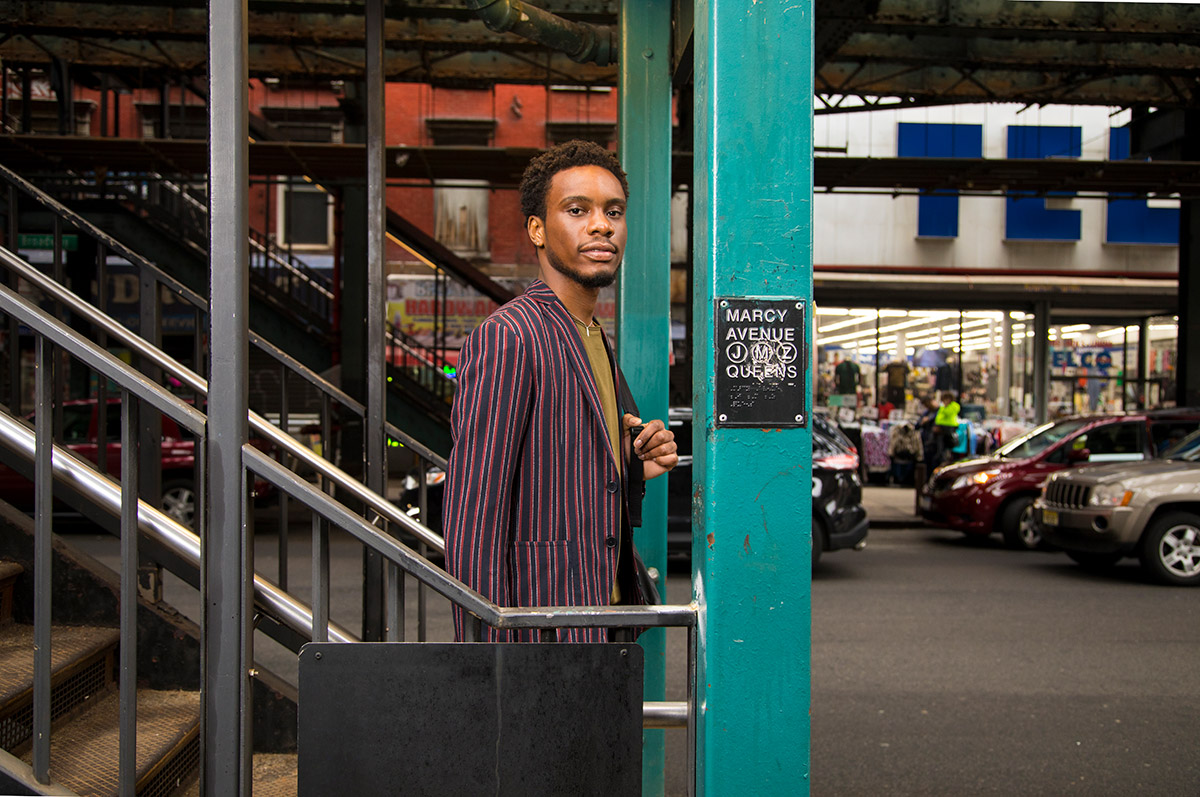
All LGBTQ young people deserve the opportunity to live healthy and happy lives. In NYC, LGBTQ people have the right to health care free of discrimination, mistreatment, and harassment. That includes access to affirming mental health services, physical health services, sexual health services, and services that address the unique needs of transgender and gender non-conforming people.
Use the NYC HealthMap to find LGBTQ-affirming and knowledgeable health care providers who offer:
- primary care, such as check-ups, annual exams, preventative care, and lab work
- sexual health care, such as sexually transmitted infection (STI) and HIV testing and treatment, birth control, condoms, and other safer sex resources
- gender-affirming care, such as puberty blockers, hormone therapy, and letters for gender-affirming surgeries
NYC Sexual Health Clinics are open to anyone 12 and older. They offer low or no-cost services for STIs and HIV. You don’t need parental consent or health insurance to get care.
NYC YouthHealth Centers: Every borough has NYC YouthHealth Centers offering confidential services for everyone 12 and older, regardless of your ability to pay.
NYC Health + Hospitals: NYC’s public health system that provides a range of services to LGBTQ communities, including transgender-affirming care at their Pride Health Centers. For more information about services email [email protected].
Substance Misuse
If you need professional support to navigate substance misuse, there are resources available across the City. Find a local drug or alcohol treatment program near you.
For information and referrals to providers and treatment sites, call NYC Well 24 hours a day, seven days a week at 1-888-NYC-WELL and ask for sliding scale/low or no-cost services. NYC also provides referrals for needle exchange programs where used syringe needles can be exchanged for clean ones. There is no out-of-pocket expense. Client information is kept confidential. Call 311 to find a syringe exchange location.
Counseling and Suicide Prevention
Most public schools have trained counselors to whom you can talk. The Trevor Project, a national helpline for LGBTQ youth, and Trans Lifeline, a national hotline run by and for transgender people, also have dedicated counselors you can chat with by phone, instant message, and text.
- If you’re having suicidal thoughts, you can call the Trevor Project’s suicide prevention and crisis hotline 24/7 at 1-866-488-7386 or the Trans Lifeline at 877-565-8860. The Trans Lifeline is open 24/7 but operators are only guaranteed to be on call from 10am to 4am.
- NYC Well: You can also call 1-888-NYC-WELL or text “Well” to 651-73 for free, confidential, and immediate support in more than 200 languages. Counselors are available 24/7/365.
Housing
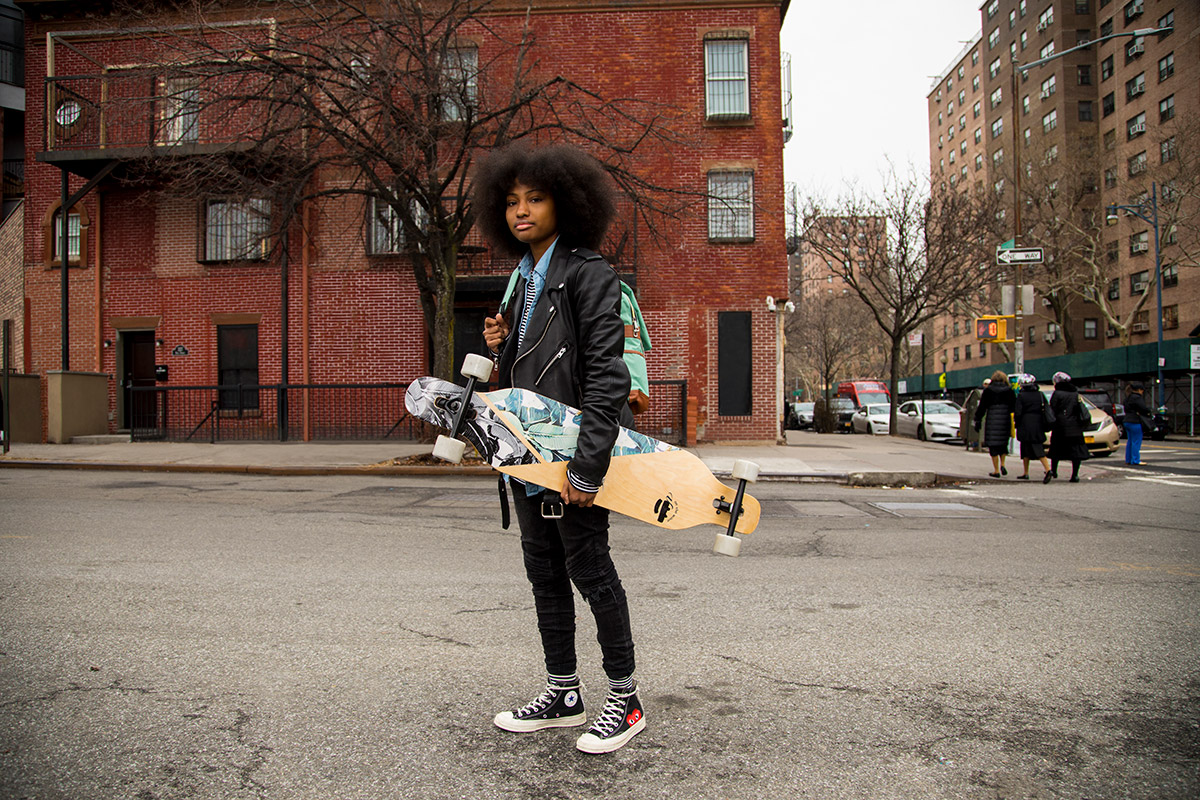
All LGBTQ young people deserve a safe and affirming place to live. LGBTQ young people also deserve safe temporary and emergency housing when they need a safe place to access basic needs.
Drop-In Centers
Drop-In Centers are located in each of the five boroughs of NYC. The Drop-In Centers provide youth up to the age of 24 and their families with essentials like:
- Food, clothing, and immediate shelter
- Access to counseling, support, and referrals to relevant services
Please call the centers to confirm exact program hours.
Most drop-in centers are open six days a week. Call Youth Connect at 1-800-246-4646 for more info.
BRONX
CMCS Sunrise Drop-In
Address: 333 E 149th St, Bronx, NY 10451
Contact: 718-993-5495
Drop-in hours: 24/7
Hours for new client intake: 9am – 8pm (7 days/week)
BROOKLYN
SCO Family of Services
Address: 774 Rockaway Avenue, Brooklyn, NY 11212
Contact: 718-685-3850
Drop-in hours: 24/7
Hours for new client intake: 24/7
MANHATTAN
Ali Forney Center
Address: 321 W 125th St, New York NY 10027
Contact: 212-206-0574
Drop-in hours: 24/7
Hours for new client intake: Varies; call for details
The Door
Address: 555 Broome St, New York, NY 10013
Contact: 212-941-9090
Drop-in hours: 11am – 8pm (Mon, Tues, Thurs, Fri); 11am – 10pm (Wed) & 11am – 7pm (Sat)
Hours for new client intake: 2 – 5pm (Mon, Tues, Thurs, Fri) & 2 – 7pm (Wed)
Safe Horizon Streetwork
Address: 209 W 125th St, New York, NY 10027
Contact: 212-695-2220
Drop-in hours: 12 – 5pm (Mon, Tues, Thurs, Fri) & 12 – 3pm (Sat & Sun)
Hours for new client intake: 10am – 12pm (Mon – Tues & Thurs – Sun)
QUEENS
Sheltering Arms – Jamaica
Address: 89-74 162nd St, 3rd Floor, Jamaica, NY 11432
Contact: 718-526-2400 ext. 2080
Drop-in hours: 24/7
Hours for new client intake: 24/7
Sheltering Arms – Far Rockaway
Address: 1600 Central Ave, Far Rockaway, NY 11691
Contact: 718-471-6818 ext. 2123
Drop-in hours: 10 am – 8pm (Mon – Thurs), 10am – 7pm ( Fri) & 12 -8pm (Sat)
Hours for new client intake: Same as drop-in hours
STATEN ISLAND
Project Hospitality
Address: 27 Port Richmond Ave, Staten Island, NY 10302
Contact: 718-876-4752
Drop-in hours: 24/7
Hours for new client intake: 24/7
Find an emergency place to stay
Need an emergency place to stay? Crisis shelters are open 24/7 for young people ages 16 – 21. Call Youth Connect at 1-800-246-4646 to find a location near you.
Employment
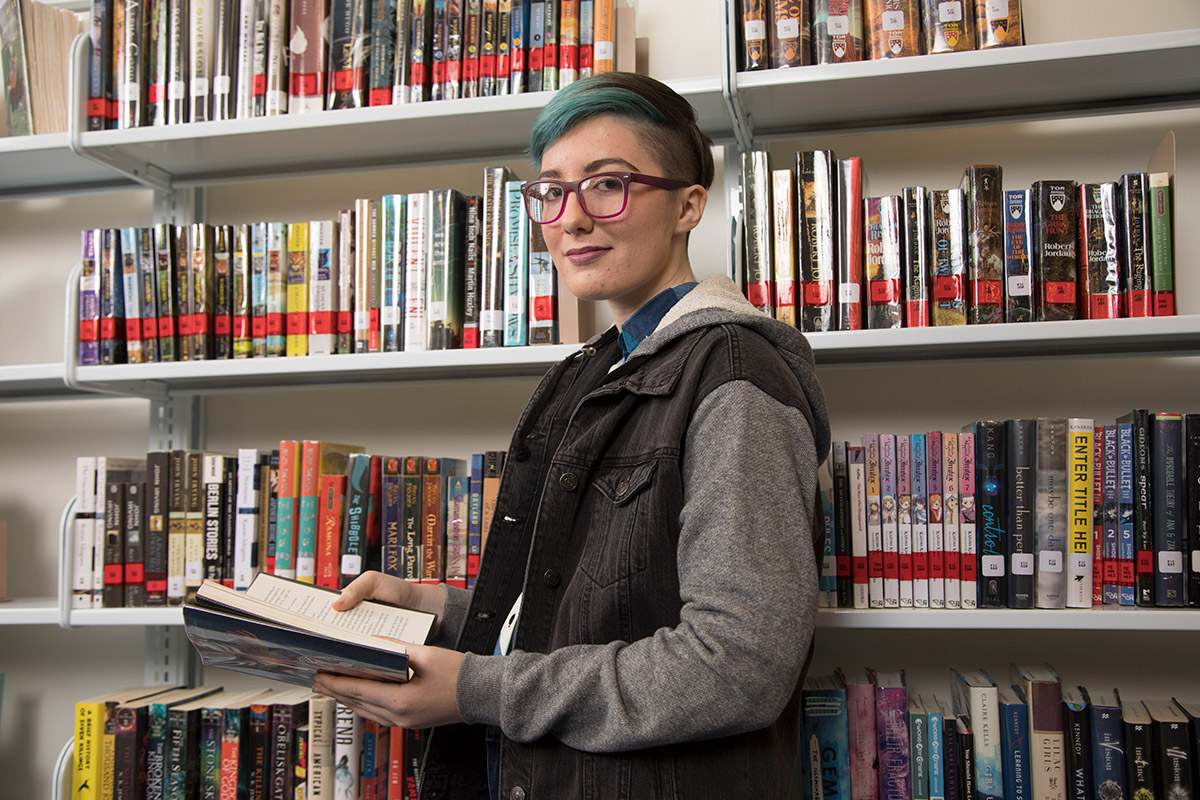
All LGBTQ young people deserve access to meaningful and safe employment opportunities. In NYC, employers cannot deny you a job or fire you because of your sexual orientation, gender identity, or gender expression. NYC is committed to providing resources for young people to access the employment opportunities they need in order to support themselves.
If you currently receive cash assistance or will soon apply, HR’s Career Services can help you with YouthPathways, CareerCompass, and CareerAdvance programs to develop a career path, obtain training and education and find a job. Additionally, the Career Advance program administered by the Gay Men’s Health Crisis specializes in career services for LGBTQ and gender-nonconforming New Yorkers. For more information about these programs contact the Human Resources Administration Infoline at 718-557-1399 or call 311.
Want to learn more about jobs or internship opportunities? Check out the Employment page to see everything NYC has to offer. All internship and employment programs encourage LGBTQ youth to apply.
Healthy Relationships
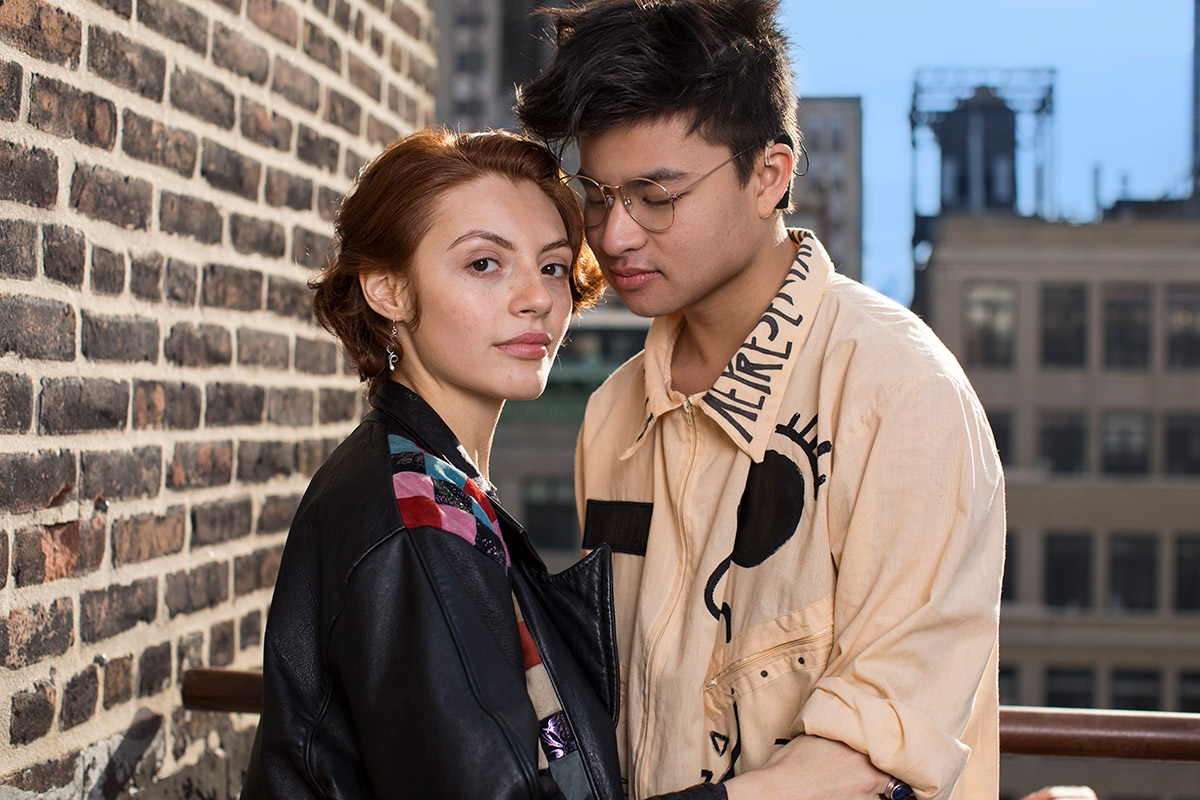
Partners in healthy relationships respect and support each other. Your relationship is healthy if you feel safe, equal, respected, and trusted.
Not every relationship is healthy, and some are abusive. Unhealthy relationships can take many forms, including:
- physical violence, such as unwanted biting, hitting, punching, pinching, scratching, hair-pulling
- verbal and emotional abuse, such as yelling, name-calling, emotional or psychological manipulation, public embarrassment
- digital abuse, such as spreading rumors online; sending threatening emails, messages, or texts; sending or demanding unwanted explicit pictures; taking unwanted videos or photos of you
- sexual abuse, such as unwanted physical touching, rape or attempted rape, threatening or pressuring sexual activity, preventing you from protecting yourself against STIs
If you or someone you care about is being abused by a partner or caregiver, there are ways to get help today. Visit the Anti-Violence Project or call the NYC Domestic Violence hotline at 1-800-621-HOPE to talk to someone now. Help is available in more than 150 languages.
Get support for victims of violence
Family Justice Centers (FJCs) provide free private support for people in violent relationships, including teenagers, regardless of sexual orientation or gender identity. Centers are located in all five boroughs and are open Monday-Friday, 9am-5pm. You don’t need an appointment. All centers have people on site who specialize in working with LGBTQ victims of domestic violence.
Other ways to get help:
- call the NYC Domestic Violence hotline at 1-800-621-HOPE to speak with someone now
- dial 311 to be connected to an FJC or other service provider near you
- call 911 to report an attack or other emergency
Stay in Touch
Please sign up here to get updates on outreach and volunteer opportunities, events, and ongoing announcements from the Unity Project.
You can also follow the Unity Project on Twitter @NYCUnityProject.
Accessibility Statement
The NYC Unity Project does not discriminate on the basis of disability in the operation of its programs, services and activities and strives to be welcoming to and inclusive of people with disabilities. For more information about disability access, please visit the Mayor’s Office Accessibility page.
